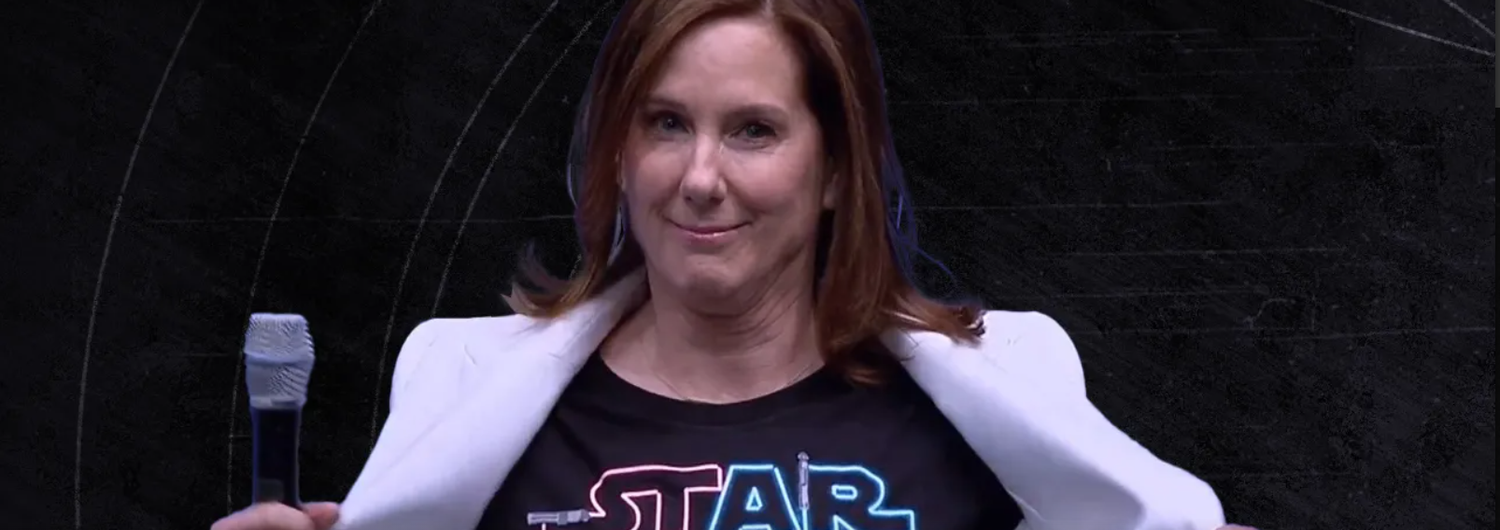After winning a prize at Sundance last January, the documentary “American Factory” was acquired by Netflix and is now available to stream.
This insightful doc focuses on the working class town of Dayton, Ohio and the opening of Fuyao, a Chinese-owned auto-glass company which took over a GM plant that shut down in 2008. The GM closing led to 20,000 people being out of work in Dayton which made the Fuyao opening a celebratory event for townspeople. On the other side of the spectrum are Fuyao’s Chinese bosses and workers, all of whom moved to Dayton for the company.
The factory is mixed with Chinese and American workers. The Chinese, so used to working 12 hours a day, sometimes 7 days a week that they barely see their children more than a few times a year; whereas their American counterparts, and most of the west, work eight hours a day, 5 days a week. These are two very different lifestyles. That, in itself, should have been well known by Fuyao CEO Cao Dewang before making the decision to open the factory.
Cao and his Chinese underlings in “American Factory” demand better and faster work from their American employees in Dayton but then work-related injuries start to pileup. To make matters worse, Cao greenlights the firing of the workers that cannot keep up with the almost robotic-like Chinese work ethic. As mentioned by one of Cao’s assistants, American workers are “pretty slow” and “have fat fingers” and that is detrimental to the bottom line. In the eyes of the Chinese workers, Americans also give their children too much encouragement, too much self-esteem and “love being flattered to death.”
Barack and Michelle Obama selected American Factory to be their first film released on Netflix based off of their Higher Ground production company. I’m still not sure what that even means, but the decision to choose “American factory” makes sense in a political standpoint for the former President. The movie is certainly pro-union but if Obama seeks to make us understand the “other side” he does so at the expense of making China look bad. [B]





